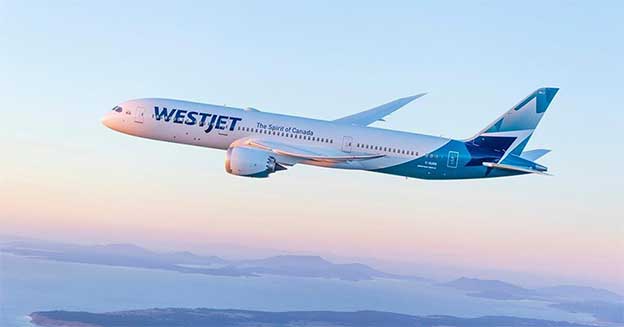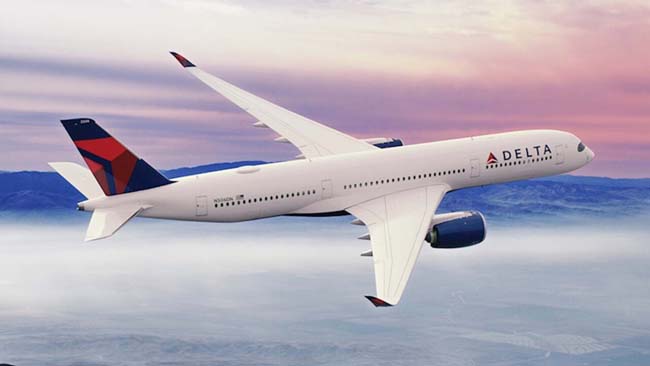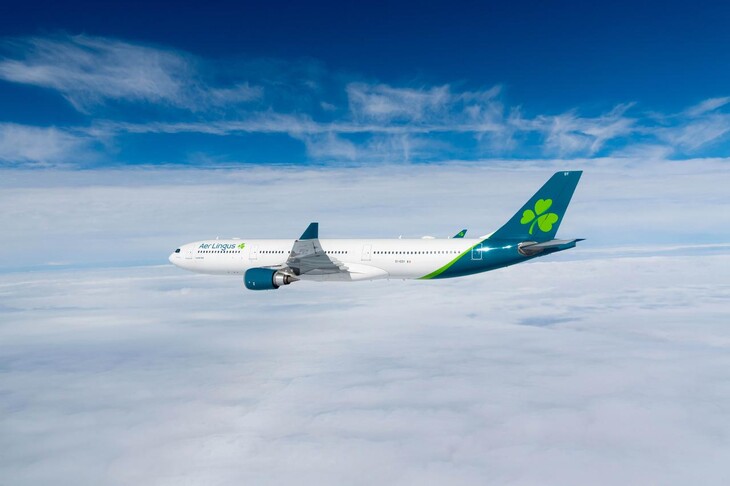Wednesday, August 14, 2024 Travelers around the world are feeling the ripple effects of WestJet’s recent flight cancellations, particularly those flying in and out of Metro Vancouver. The cancellations, which stem from a severe hailstorm that hit Calgary International Airport (YYC) over a week ago, have not only disrupted thousands of travelers’ plans but also highlighted the fragility of the air travel industry in the face of unexpected weather events. Passengers have reported widespread frustration, especially as many have been rebooked on other flights only to face further delays or cancellations.
The delays and cancellations have strained the already stressed airline industry, which continues to grapple with operational challenges. For those attempting to fly from Vancouver International Airport (YVR), the situation has been particularly difficult, with numerous flights being canceled or delayed as a direct result of the ongoing issues at YYC. Impact on the Airline Industry The effects of this disruption are likely to extend beyond the immediate inconvenience to travelers.

The airline industry, which is still recovering from the impacts of the pandemic, faces significant challenges in maintaining customer trust and operational stability. WestJet, in particular, has seen its reputation take a hit as customers struggle to receive timely assistance. Reports indicate that passengers have had to wait up to three days to speak with a customer service representative, further compounding the frustrations of those affected by the cancellations.
Despite these challenges, WestJet has attempted to mitigate the situation by operating additional flights to accommodate displaced passengers. Between August 9 and August 12, the airline added extra sections to its schedule, utilizing both its fleet and the resources of its partner, Canadian North. However, these measures have only partially alleviated the strain on the airline and its customers.
Customer Service and Compensation Issues The impact on the air travel industry is not just operational; it also extends to customer relations. Passengers have voiced their dissatisfaction with WestJet’s customer service, particularly with the callback system that many have found unresponsive. One individual reported on August 13 that the earliest they could speak with a representative was three days later, on August 16.
This delay in response has led to mounting frustration, especially among those seeking compensation for their disrupted travel plans. WestJet is obligated under Canadian Air Passenger Protection Regulations (APPR) to provide food, drink, and means of communication to passengers facing delays of over two hours. However, many travelers have expressed dissatisfaction with how these regulations are being implemented, with some accusing the airline of lacking transparency and accountability.
Continued Disruptions The situation at Calgary International Airport has seen some improvement, but the impact on flights continues to be significant. On August 12, WestJet announced an additional 37 cancellations for the following day and 27 more for the day after. This reduction in cancellations from the peak of the disruptions—when over 100 flights were canceled in a single day—indicates progress, but it also underscores the ongoing challenges faced by the airline and the wider air travel industry.
Key Points: As WestJet and the broader airline industry work to recover from this disruption, the situation serves as a stark reminder of the vulnerabilities inherent in air travel. The impact on passengers has been profound, and the lessons learned from this event will likely influence how airlines prepare for and respond to similar situations in the future..



















